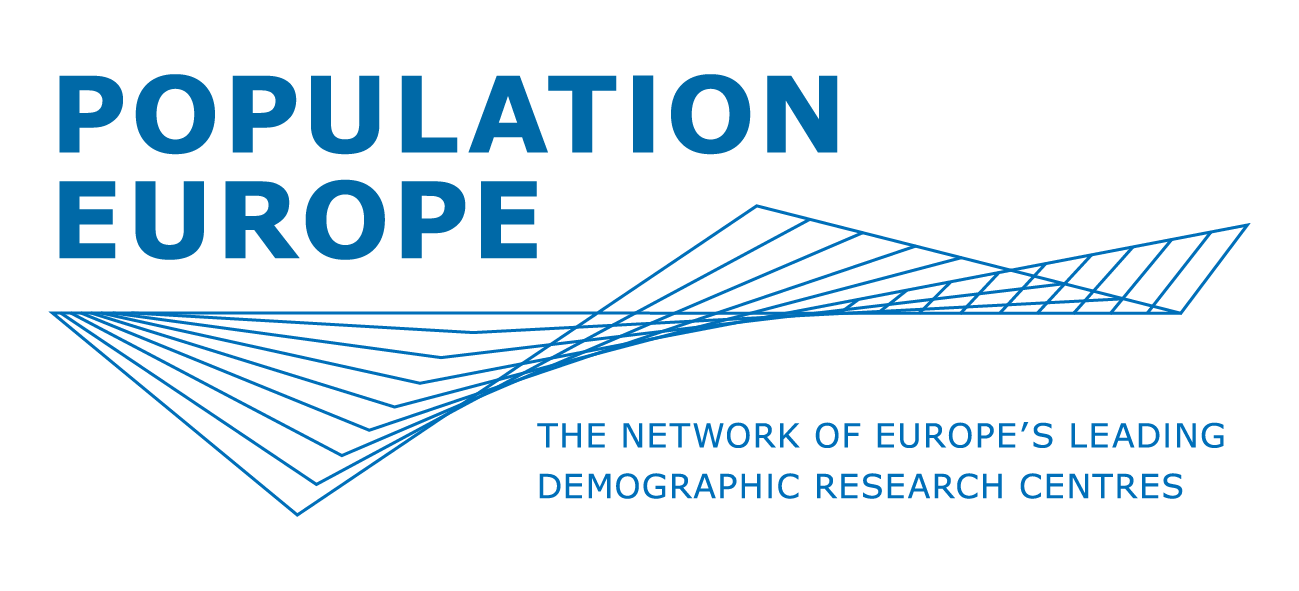COHORT ’18 – GROWING UP IN HUNGARY
The Hungarian Birth Cohort Study
The Cohort ’18 – Growing Up in Hungary is a large-scale longitudinal survey initiated by the Hungarian Demographic Research Institute (HDRI) of the Hungarian Central Statistical Office (HCSO), with the objective to provide a comprehensive overview of children growing up in Hungary, and the influencing factors. The research project follows children born in 2018 and 2019. Data collection began during gestation following approximately 9,000 children. The study seeks to catch the various aspects of child development: physical, cognitive and emotional development, health, welfare, accomplishment and mobility. The study also aims to define the interacting factors that greatly affect the upbringing, and to reveal the underlying mechanisms. Such variables include the environmental factors of family and society, the social/original differences, the health status, the psychological characteristics, and the institutional provisions, employment situation, lifestyle, expectations and plans of the family raising the child.
Pregnant wave
Data collection started on January 1, 2018, with surveying pregnant women in their 28-31st week of pregnancy.
The initial sample of the Cohort ’18 study and the first two waves of data collection relied on the district health visitor system and the health visitors who work within it. The Hungarian pregnancy care system – the health visitors’ district network – provides substantial, high-quality care to families that are expecting a child. This network has provided a solid basis on which to persuade expectant mothers to participate in the study, and has enabled their responses to be collected in a professional, yet trusting environment and manner. We are grateful to the 721 cooperating local health visitors and 64 senior health visitors working within the 52 nursing districts that form the study sample. By the end of this wave of our data collection, 8,287 expectants joined our study.
Six-month-old cohort-babies
During the second wave of our study (June 2018 – November 2019) – again with the help of local health visitors – we interviewed the mothers of the newly born cohort-babies, when the babies became six-month olds. Altogether 8,365 children (among them 243 twins) were included in this phase of our research.
Eighteen-month-old children
This, and subsequent waves of our data collection were administered by professional interviewers. Besides face-to-face interviews with mothers, fathers of the children were also interviewed by telephone, with a 20-minute long questionnaire. The completion of this wave (started in April 2019) was seriously affected by Covid-19 pandemic. Between March and June 2020 we had to suspend fieldwork. Data collection was re-started in the course of summer, but it was affected again by the autumn Covid-wave. This wave was concluded in December 2020 with about 5,000 respondents.
Mother’s employment situation
The main objective of this research wave – when the children turned 2.5 years of age – was to ask the mothers about their employment plans and childcare opportunities after the state childcare allowances were no longer provided. Data collection concluded in November 2021, with altogether 5,700 mothers responding our questionnaire conducted via telephone.
Supplementary regional study
Along with the research waves described above, a supplementary regional study was conducted between April 2019 and March 2020 in cooperation with the University of Pécs – Institute of Psychology, when the cohort-children turned one. The aim of this study was to explore emotional and cognitive skills of the children, and to examine the various factors affecting the development of these skills.
Children turning 3 years of age
The last wave funded within the current research project started in May 2021 and ended in June 2022, with approximately 6,000 respondents. According to HDRI’s long-term plans, we try to follow the children participating in the survey into their adulthood.
Children turnig 5 years of age
The oldest children in the Cohort '18 study have reached the age of five. The transition from pre-school to school is an important phase in children's development and a big change in the lives of families. Therefore, it is important to assess children's development, their daily lives and the lives of their families at this stage of their lives. Thanks to the longitudinal nature of the study, later we can evaluate these data in a broader context.
Researchers
BOROS, Julianna; KAPITÁNY, Balázs; KIS, Réka; KOPCSÓ, Krisztina; ÖKRÖS, Fruzsina; SÁNDOR, Nikolett; SINDYLKOVÁ, Zsófia, SPÉDER, Zsolt; SZABÓ, Laura; VEROSZTA, Zsuzsanna
Related publications of HDRI researchers





